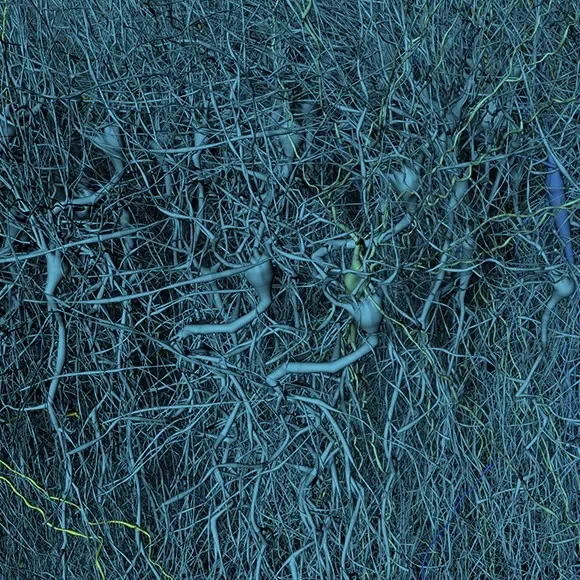EBRAINS-Neurotech consortium receives NWO Large-Scale Research Infrastructure grant.
Over the past decade, neurotechnology – the science of interfacing technology directly with the brain – has grown at a rapid pace. This field is developing devices that can monitor or even influence brain activity, with huge potential for understanding the brain and treating neurological disorders. Now, a new Dutch consortium has joined forces to accelerate progress in this area even further. The EBRAINS-Neurotech consortium – supported by an €18.3 million grant from the Dutch Research Council (NWO) – brings together nine Dutch institutions, including Delft University of Technology (TU Delft), to build cutting-edge tools for brain research and treatment.
As part of this effort at the Neuroscience Department of Erasmus Medical Center in Rotterdam, the NCL and Dr. Christos Strydis will lead the closed-loop translational node of the EBRAINS-Neurotech project, together with Prof. Chris de Zeeuw. The Erasmus MC team focuses on closed-loop neurostimulation, ultrasound-based neuromodulation, and in vivo validation of neural implants developed at TU Delft and other partner institutions.
The team integrates neuroscience, computational modeling, and clinical imaging to ensure that cutting-edge neurotechnology prototypes mature into therapeutic solutions for disorders such as epilepsy, stroke, and Parkinson’s disease. Their work advances AI-driven neuromodulation, ultrasound-guided stimulation, and implant testing, while also contributing to the creation of digital-twin brain models that link patient-specific anatomy with personalized stimulation strategies—bridging the gap between engineering innovation and clinical application.
For more information refer to the TuDelft press release

